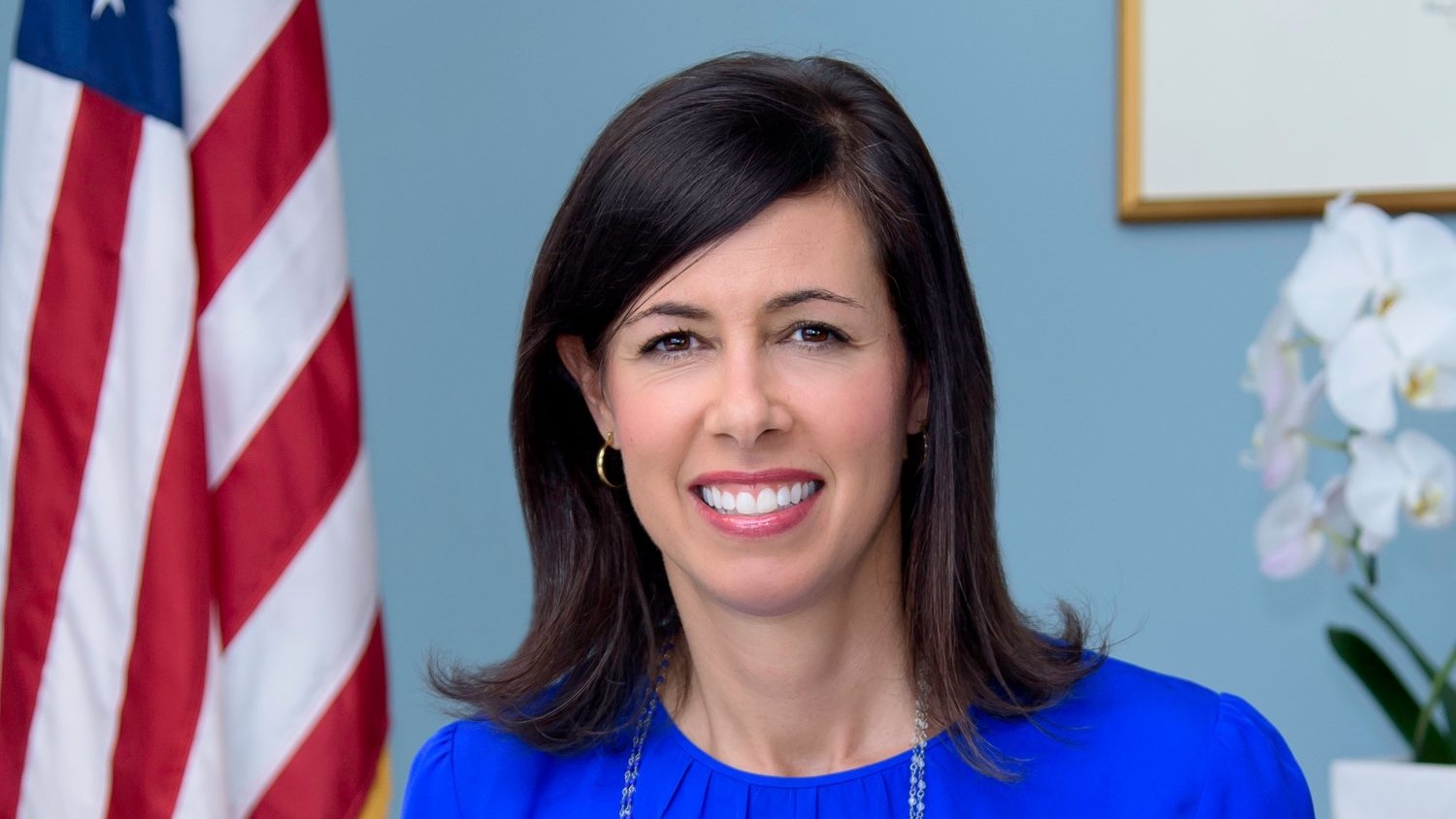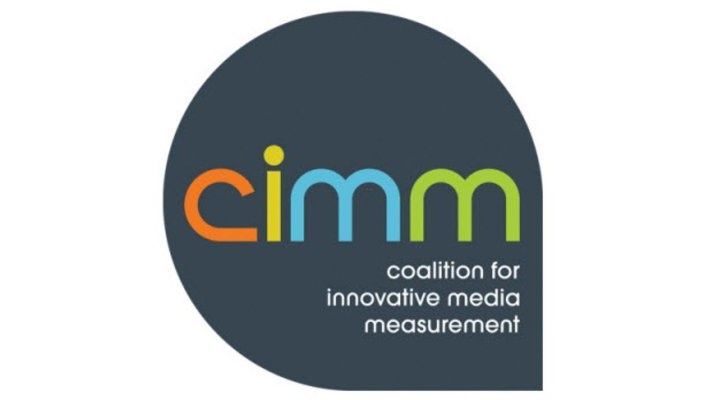
The professional video industry's #1 source for news, trends and product and tech information. Sign up below.
You are now subscribed
Your newsletter sign-up was successful
WASHINGTON, D.C.—A proposed Federal Communications Commission (FCC) Report and Order (R&O) circulating among commission members would require cable and satellite TV providers to specify clearly and prominently the “all-in” price of video service on subscriber bills and promotions.
The proposed R&O has the backing of chairwoman Jessica Rosenworcel and is scheduled to come up for a vote at the commission’s March Open Meeting, March 14.
The proposal seeks to eliminate the practice of describing the cost of video programming as a tax, fee or surcharge. If adopted, the R&O would give consumers an informed choice and help them comparison shop with other providers, including streaming services, the FCC said.
“Working families deserve and expect transparency, but cable or satellite TV providers too often hide the real price of their service behind deceptive junk fees,” said Rosenworcel. “We’re putting an end to this form of price masking. These rules will increase competition and reduce confusion among consumers.”
If adopted, the rules would require cable TV operators and direct broadcast satellite (DBS) providers to state the total cost of video programming services, including broadcast retransmission consent, regional sports programming and other programming-related fees, as a prominent single line item on subscriber bills and in promos.
These new rules join other consumer-focused proposals to combat junk fees and support transparency for consumers, including the upcoming launch of mandatory Broadband Consumer Labels and a proposal to eliminate early termination fees from cable and satellite TV providers.
Last year the FCC adopted a Notice of Proposed Rulemaking (NRPM) to take public comment on all-in pricing practices.
The professional video industry's #1 source for news, trends and product and tech information. Sign up below.
More information is on the FCC website.
Phil Kurz is a contributing editor to TV Tech. He has written about TV and video technology for more than 30 years and served as editor of three leading industry magazines. He earned a Bachelor of Journalism and a Master’s Degree in Journalism from the University of Missouri-Columbia School of Journalism.

